Introducing TOUCHCare - Click here to learn more!
News
EBONY – How the Absence of Black Women in Clinical Trials Impacts the Black Breast Cancer Mortality Rate
When disparities in regard to breast cancer survival rates among Black women in comparison to their white counterparts are discussed, a contributing factor that is not typically addressed is the absence of Black women in clinical trials. According to TOUCH, The Black Breast Cancer Alliance founder Ricki Fairley, the elephant in the room is limited participation in clinical trials.
FiercePharma – Getting more Black women into cancer trials 'not a marketing campaign, it's a movement'
Ricki Fairley, CEO of Touch, The Black Breast Cancer Alliance, is a force of nature. She is channeling that power to facilitate change in the outcomes for Black women with breast cancer through the When We Tri(al) initiative.
Healthline – Why Clinical Trials Need to Include More Black Women
Ricki Fairley wears pink shoes for the entire month of October, one of many things she does to help raise awareness during Breast Cancer Awareness Month. However, every day of every month, she works tirelessly to encourage Black women to participate in clinical trials for breast cancer.
Black Enterprise – TOUCH, The Black Breast Cancer Alliance, and Breastcancer.org unite for a groundbreaking new movement to advance the science for Black Breast Cancer
TOUCHBBCA and Breastcancer.org announced the upcoming launch of When We Tri(al), a movement dedicated to empowering and educating Black women on the importance of clinical trial participation. The movement aims to change the devastating breast cancer mortality rates for Black women, who are 41% more likely to die from breast cancer than white women.
BlackDoctor.org – When We Tri(al) Special Report
As is, breast cancer treatments don’t take into consideration the unique biology of Black women. A treatment that works for an older, earlier stage white patient may not work the same for a young Black woman. The truth is, we can’t know without more research and data. In order to test how drugs work on Black bodies and keep Black Blessties (Blessties refers to women who have or have had breast cancer) from dying at higher rates, we need more Black women in clinical trials.
Announcing Our When We Tri(al) Movement
We are launching our When We Tri(al) Movement! This is a call to action for our fierce, resilient community of Black women. As Black breast cancer patients, we have to advocate for ourselves and each other in order to get access to a better Black standard of care. This is a matter of life and death for Black women.



